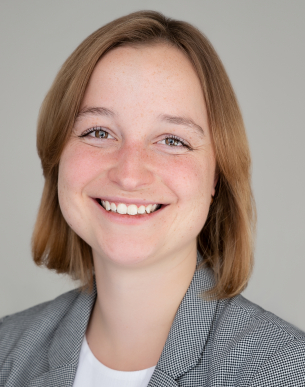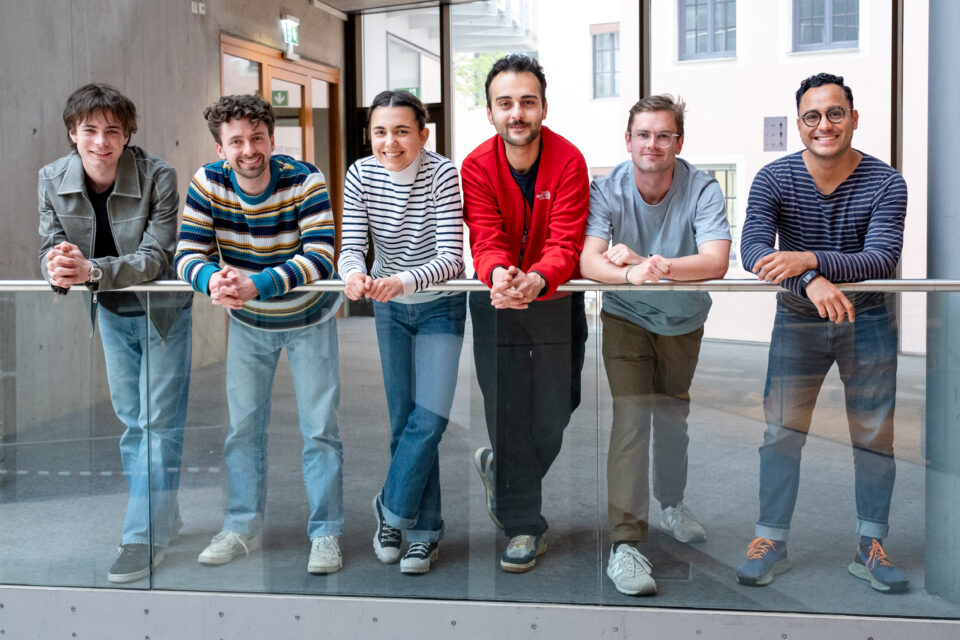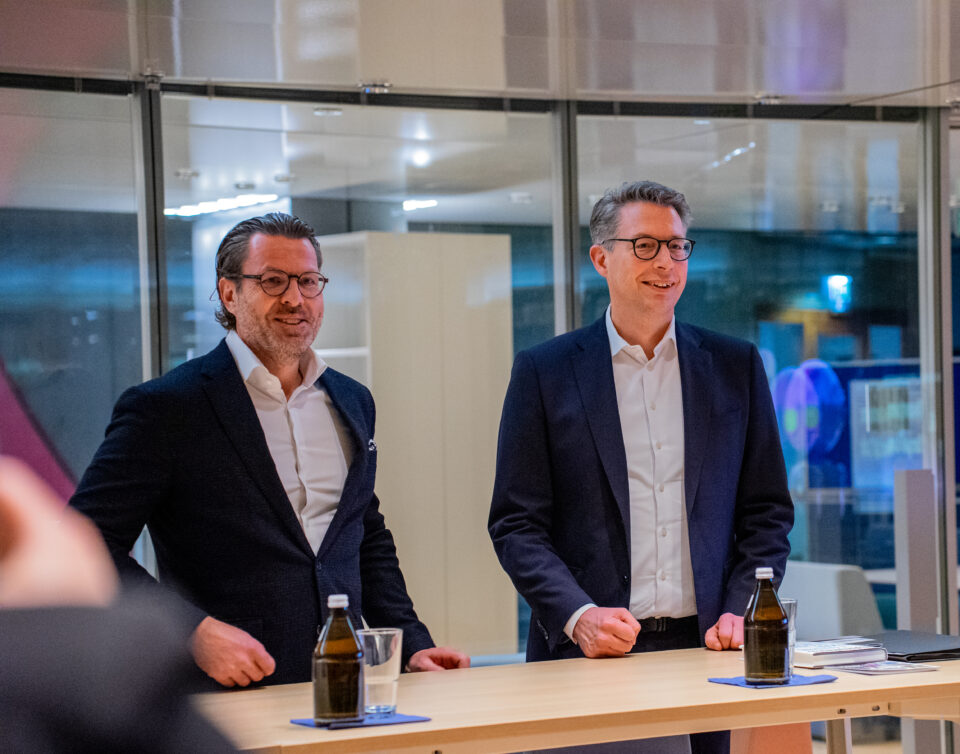
Fabienne Marco
Fabienne Marco has been a doctoral student and research assistant at the Professorship for Governance, Public Policy & Innovative Technologies at the TUM School of Governance since May 2022. Before that, she earned different degrees in Mathematics (B.Sc.), Political Science (B.Sc.), Mathematics in Data Science (M.Sc., ongoing), and Politics &Technology (M.Sc.) at the Technical University of Munich.
Since 2019 she has been working on her doctoral degree in computer science in quantum natural language processing, argumentation mining, and causality at the Group of Social Computing led by Prof. Dr. Georg Groh. Fabienne Marco previously worked on different projects at the Professorship of Political Data Science, including topics in natural language processing and differential privacy.
Since October, she has been advising the Ministerialinkubator Hightech Agenda as a research assistant next to her job at the Professorship. Since September, she has been the head of the Quantum Social Lab at the TUM Think Tank, bringing together her expertise in Natural Science, specifically Mathematics and Political Sciences.
Fabienne's research interests lie in innovation governance of frontier technologies, specifically quantum technologies, science communication, and technological interoperability. At the Professorship, she involves in research projects on quantum innovation cycles, public outreach, and science communication within challenging fields, specifically quantum technologies and AI.



